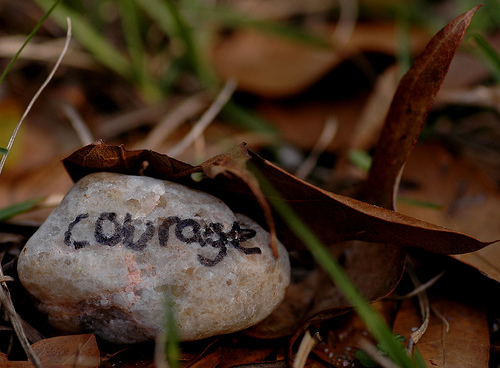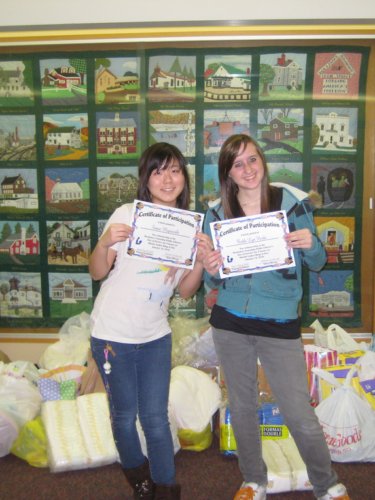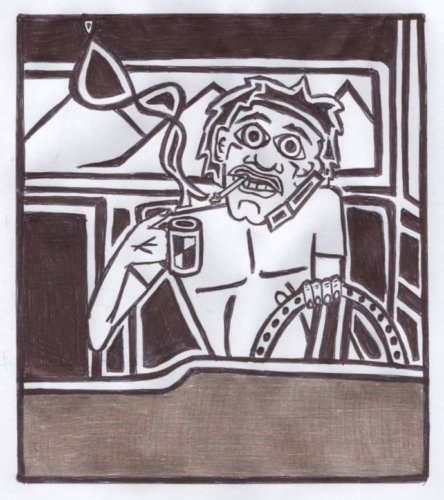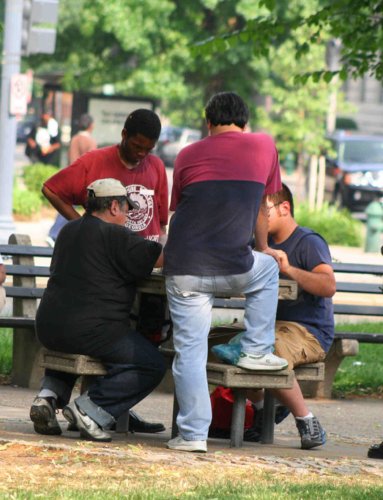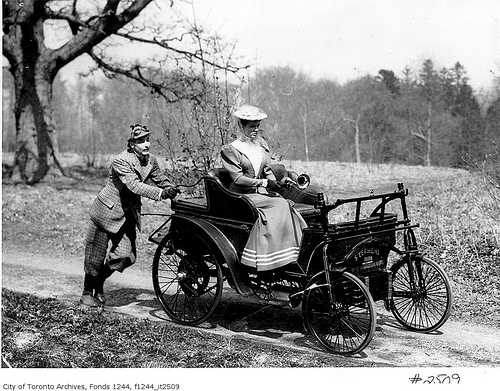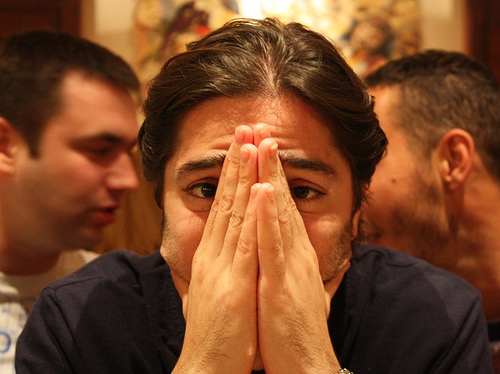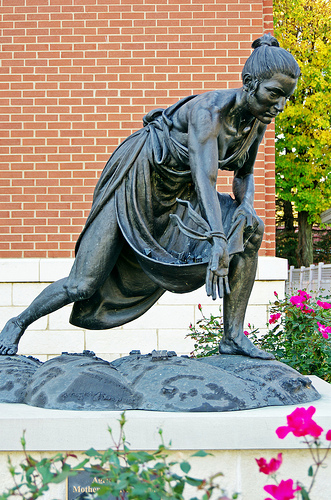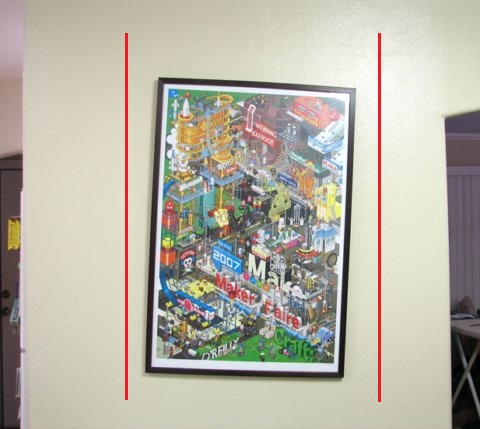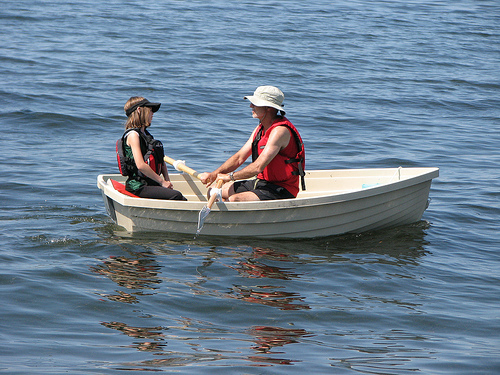The harvest of old age is the recollection and abundance of blessing previously secured. – Cicero
What does that mean?
This is another saying based on the concepts of agriculture. Harvesting is what you do at the end of the season, as winter approaches. This is the basis of the quote.
It says as we come into old age, one of the things we have left are our memories. Our memories, or what is left of them, is easy enough to understand, and anyone who has asked a question of an older person, who was in the mood to share, understands this.
The other thing we have in our old age is the portion of what we made in our working years. Specifically the portion we saved or invested. Those who spent most of it when they were young will likely have less than those who saved and invested a larger portion.
Why is preparations for our ‘autumns’ important? Continue reading


